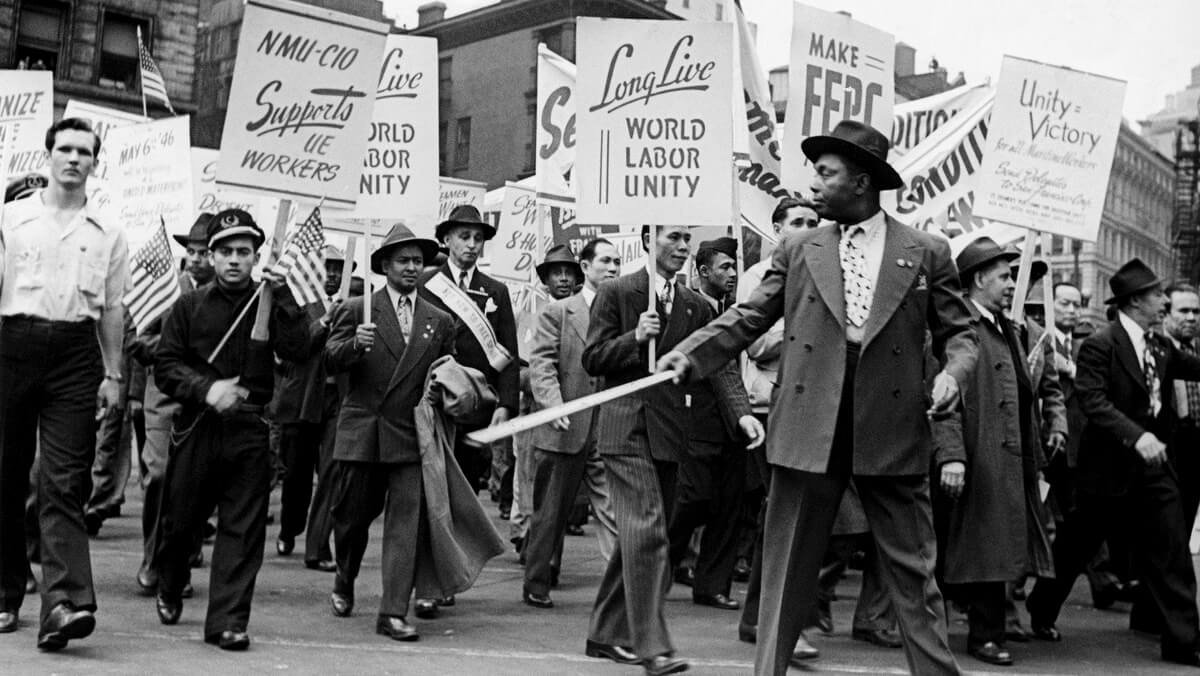
Religious Discrimination
Key Takeaways:
Your employer is required to make reasonable accommodations of your religious beliefs, including but not limited to job restructuring, reassignment, modification of work practices, or allowing time off to for religious observances.
California law is much more protective of employees than federal law; an employer must demonstrate accommodations are an undue burden in order to refuse them.
The California Fair Employment and Housing Act (“FEHA”) and Title VII prohibit discrimination against employees because of their religion, and requires that employers accommodate the religious practices of employees and job applicants. In 2013, the FEHA was updated to ensure that California law was more protective than Federal law, and to ensure that religious clothing and grooming practices were also protected.
Accommodating Your Religious Beliefs
Reasonable accommodations of an employee’s religious beliefs may include job restructuring, reassignment, modification of work practices, or allowing time off to avoid a conflict with an employee’s religious observances. Furthermore, an employer may not segregate an employee from public view as a form of accommodation; for example, an employer cannot make a Sikh employee who wears a turban work in the back of the store where no one can see him.
When an Accommodation is an Undue Burden
Under California law, unlike Federal law, an employer can only refuse to accommodate an employee’s religious practices or observance if the accommodation requires significant difficulty or expense. This stands in stark contrast to the much lower Federal standard, which only requires a showing of a minimal additional cost (or “de minimis” burden) on the employer. Simply requiring time off on holy days, or wearing religious clothing, will often not qualify as a significant additional burden on the employer and such requests should be accommodated under California law.
